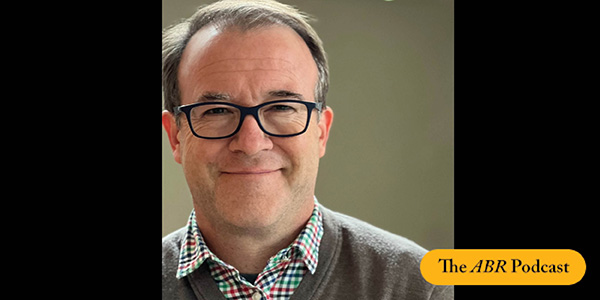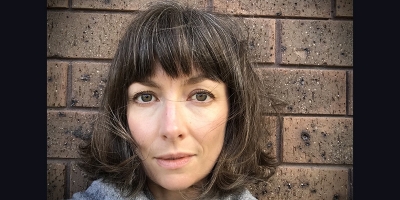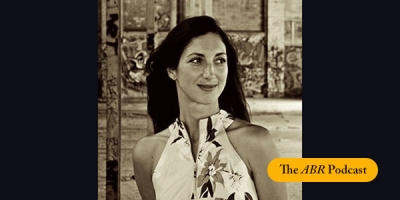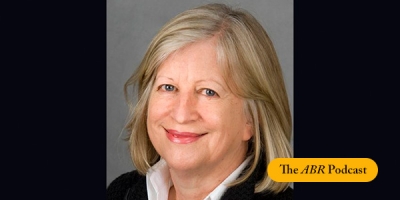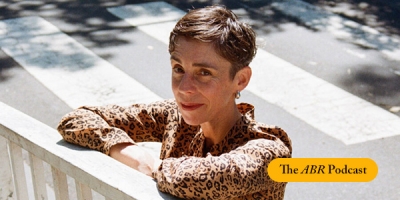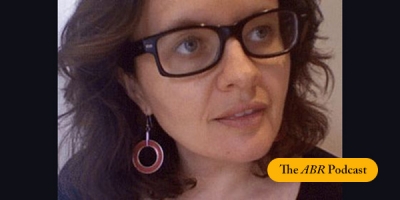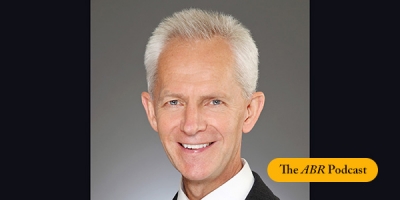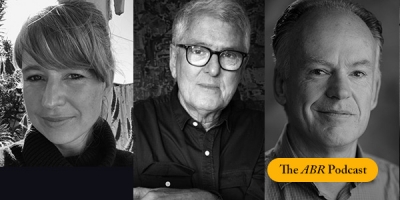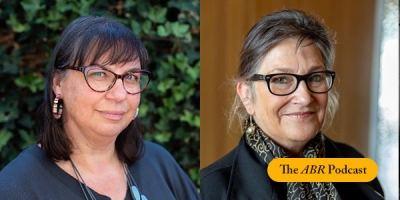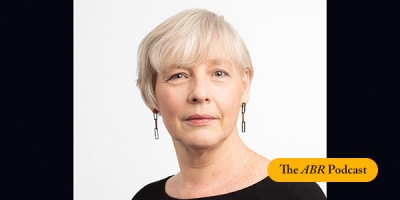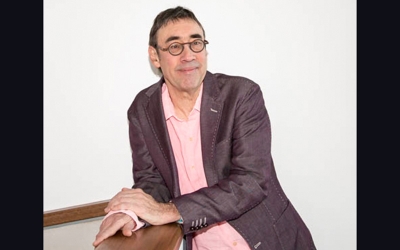Podcast
The ABR Podcast
Released every Thursday, the ABR podcast features our finest reviews, poetry, fiction, interviews, and commentary.
Subscribe via Apple Podcasts, Stitcher, Google, or Spotify, or search for ‘The ABR Podcast’ on your favourite podcast app.
‘Skewering AUKUS: A point-by-point account’
by James Curran
This week, on The ABR Podcast, James Curran reviews Turbulence: Australian foreign policy in the Trump era by Clinton Fernandes. Curran describes Turbulence as ‘an attempt to chart the coordinates of President Trump’s approach to the world’ and to explain how Australia, in ‘scrambling to remain relevant to Washington’, has become what Fernandes describes as a “US sentinel state”.
James Curran is Professor of Modern History at Sydney University and foreign affairs columnist for the Australian Financial Review. His books include Australia's China Odyssey: From euphoria to fear (2022) and he recently delivered a prestigious Boyer lecture, titled ‘Trump’s Gift’. Here is James Curran with ‘Skewering AUKUS: A point-by-point account’, published in the December issue of ABR.
Recent episodes:
This ABR Podcast features one of the eleven shortlisted entries in the 2023 Calibre Essay Prize, ‘The Morning Belongs to Us’, by Siobhan Kavanagh. The 2024 Calibre Essay Prize, worth a total of $10,000, is now open for entries and will be closed on the 22nd of January 2024. Full details can be found on the ABR website. Listen to Siobhan Kavanagh’s ‘The Morning Belongs to Us’, published in the November issue of ABR
... (read more)In this week’s ABR Podcast, Jelena Dinić pays tribute to Charles Simic, the Yugoslavian-born American poet, essayist, and translator, who died earlier this year. After her own poetry received an award in 2020, Jelena Dinić initiated a correspondence with Simic in Serbian, two writers ‘born in a country that doesn’t exist anymore’. Jelena Dinić’s writing in Serbian and English has been published in several literary journals and anthologies. Listen to ‘”Come closer and listen”: A tribute to Charles Simic (1938–2023)’, published in the November issue of ABR.
... (read more)In this week’s ABR Podcast, Marilyn Lake reviews My Grandfather’s Clock: Four centuries of a British-Australian family by historian Graeme Davison. Lake argues that Davison has produced an ‘uncommonly good family history’, in part because of the broader history he tells. Marilyn Lake is an Honorary Professorial Fellow in History at the University of Melbourne. Listen to Marilyn Lake’s ‘The ancestors: An uncommonly good family history’, published in the November issue of ABR.
... (read more)In this week’s ABR Podcast, Catriona Menzies-Pike reviews Richard Flanagan’s new hybrid work Question 7. Menzies-Pike argues that Flanagan’s ‘sweeping engagement with history ultimately brings the author back to himself’ in ways that limit understanding of the present tense. Catriona Menzies-Pike is a literary critic and former editor of the Sydney Review of Books. Listen to ‘The Measure of things: Flanagan’s looping book of questions’, published in the November issue of ABR.
... (read more)On this week’s ABR Podcast historian Zora Simic reviews Graeme Turner’s new book, The Shrinking Nation: How we got here and what can be done about it. Simic argues that state-of-the-nation books ‘can capture the Zeitgeist, but always run the risk of being outrun by history itself’. Zora Simic is a Senior Lecturer in History and Gender Studies at the University of New South Wales and a regular reviewer for ABR. Listen to Simic’s ‘Capturing the mood: A new addition to a tricky genre’, published in the October issue of ABR.
... (read more)On this week’s ABR Podcast, Julian V. McCarthy reviews Powering Up: Unleashing the clean energy supply chain by Alan Finkel. McCarthy endorses Finkel’s claim that conceptually and technically the solution is simple – ‘electrify everything’ – as well as his judgement that this transformation will require considerable social, economic, and political shifts. Julian V. Mcarthy is a senior adviser on clean energy transition. Listen to ‘Shipping sunshine: Accelerating clean energy transformation’, published in the September issue of ABR.
... (read more)This week, on the ABR podcast, we feature a special conversation between author and journalist David Marr, historian Mark McKenna and ABR’s Georgina Arnott, recorded in the middle of September 2023, one month out from the Voice referendum. The subject was David Marr’s new book, Killing for Country: A family story, which takes the reader to early nineteenth-century New South Wales and follows the bloodshed of invasion as it tracks north. Mark McKenna’s review of Killing for Country is published in the October issue of ABR.
... (read more)In this week’s ABR Podcast, we hear from Melissa Castan and Lynette Russell on the history and mechanics behind the Voice to parliament, the subject of next week’s referendum. Melissa Castan is a Professor of Law at Monash University and the Director of the Castan Centre for Human Rights Law. Lynette Russell is Sir John Monash Distinguished Professor and ARC Laureate at the Monash Indigenous Studies Centre. Listen to Lynette Russell with their co-authored article, ‘Ancient sovereignty shining through: A Voice to parliament, not a Voice in parliament’, published in the October Indigenous issue of ABR.
... (read more)This week on the ABR Podcast historian Penny Russell reviews Kate Grenville’s new book, a fictional account of her maternal grandmother. In Restless Dolly Maunder, Grenville reckons with the life of a woman who left no written records but whose memory she carries from her childhood. Penny Russell is Professor Emerita at The University of Sydney and an historian of families, intimacy, and social encounters. Listen to Penny Russell’s ‘Mirrors on misery: A brilliant portrait of an unhappy marriage’, published in the September issue of ABR.
... (read more)In this week’s ABR Podcast, Desmond Manderson takes us back sixty years to the 1963 Yirrkala Bark Petition drafted by Yolngu leader Yunupingu. The Yirrkala petition called for constitutional recognition of Indigenous rights and can be seen as an antecedent to the Uluru Statement from the Heart. Desmond Manderson is Director of the Centre for Law, Arts and Humanities at the Australian National University. Here he is with ‘Yunupingu’s song: Constitutions as acts of vision, not of division’, published in the September issue of ABR.
... (read more)

